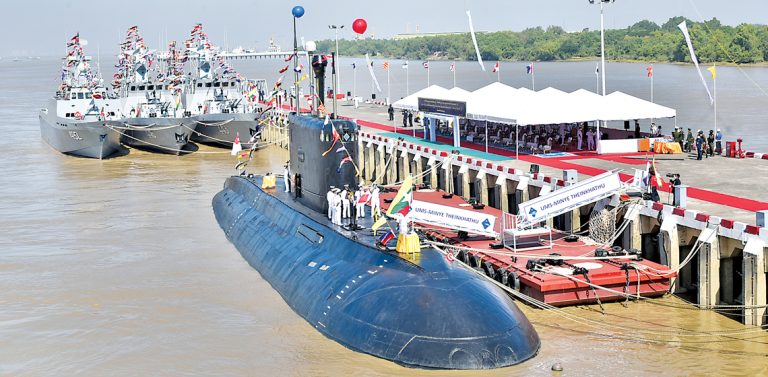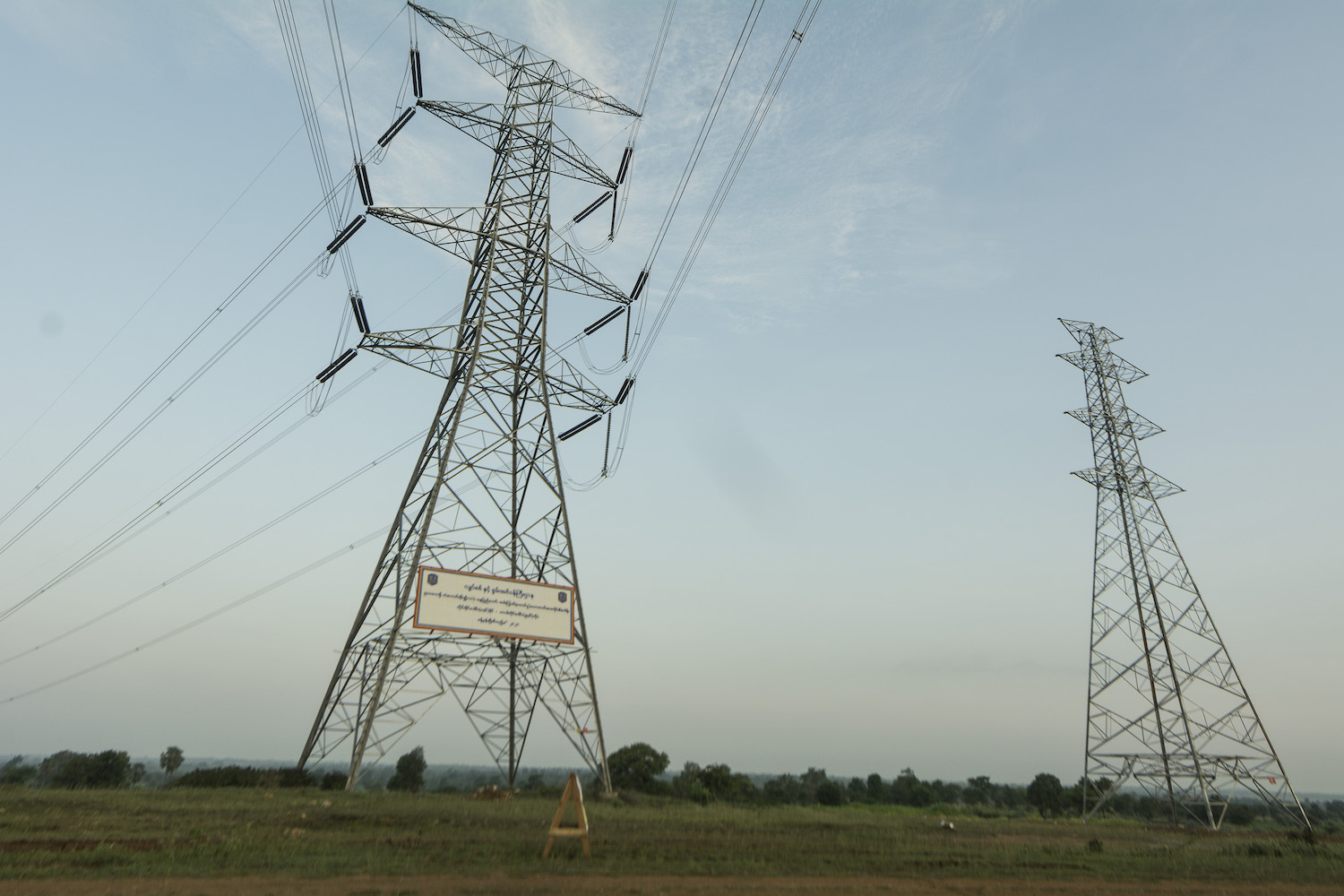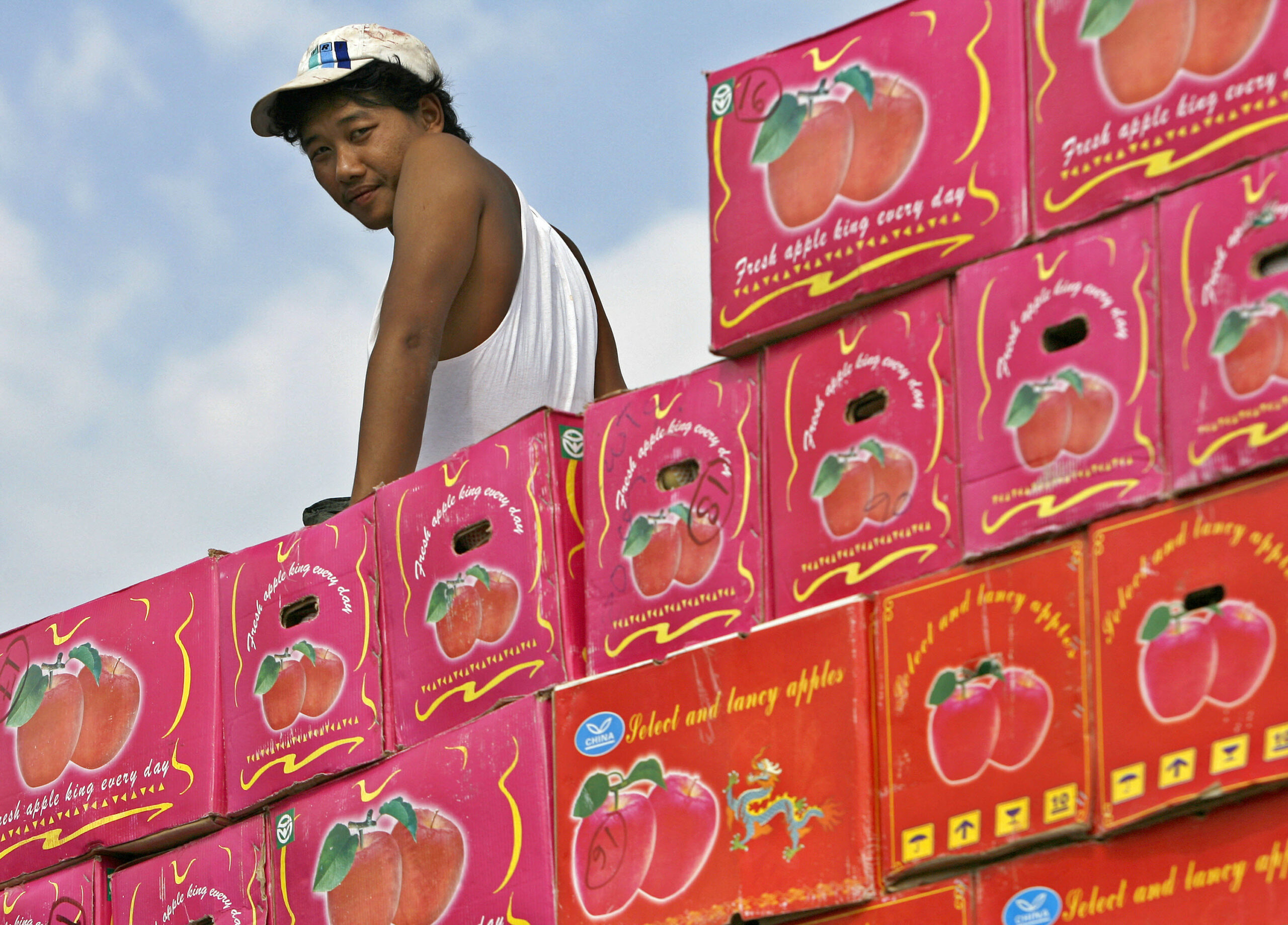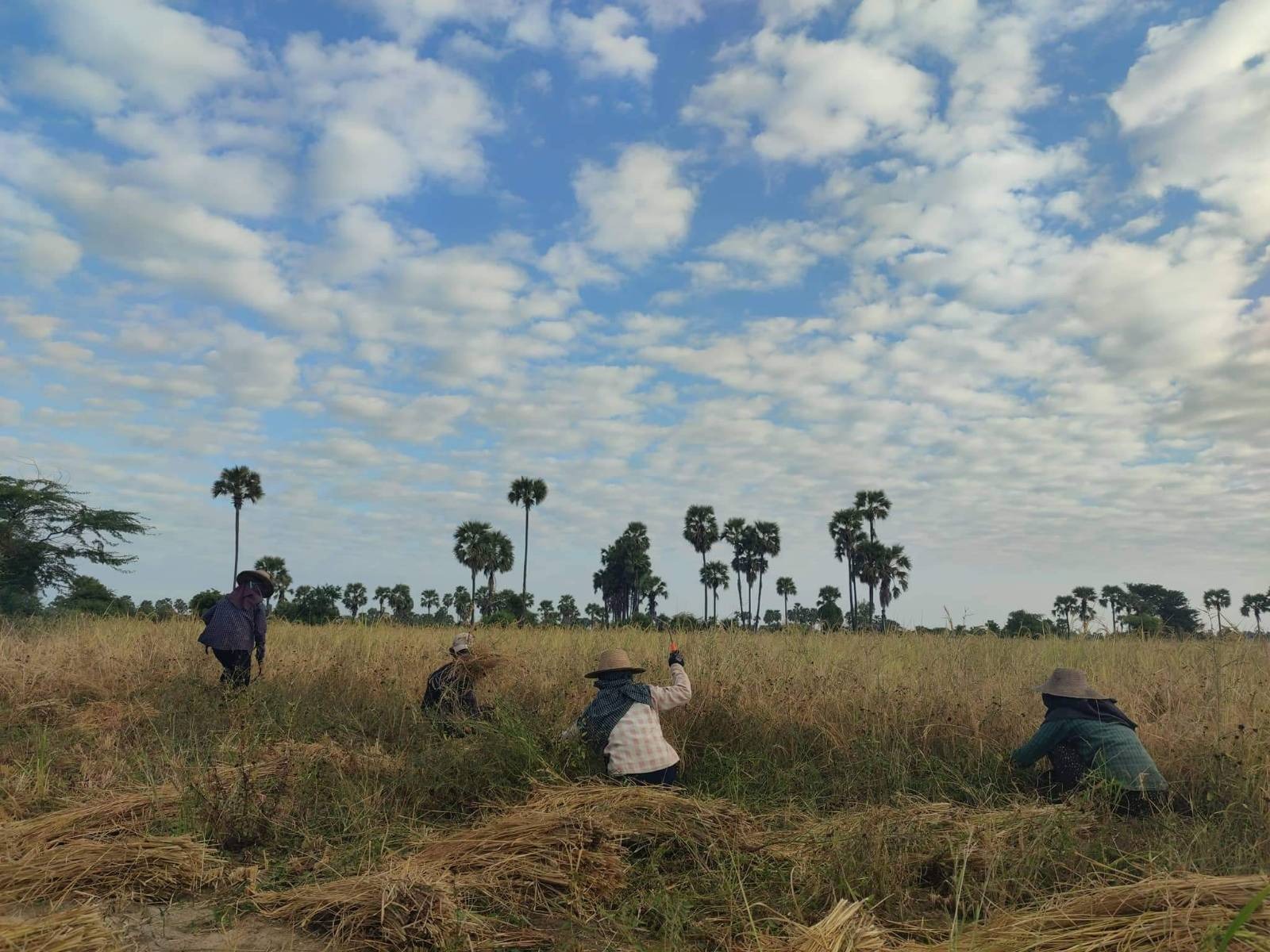Myanmar’s recent retail and wholesale trading reforms have effectively blocked foreign SMEs from investing in trading activities and could even be encouraging illicit trade.
By MARK LIVINGSTON | FRONTIER
DISCUSSION of foreign investment in Myanmar naturally tends to focus on the bigger-ticket, higher-profile arena of Myanmar Investment Commission permits and major projects. Those types of investments are of course crucial for Myanmar’s continued development, but the greater number of potential foreign investors in Myanmar are foreign small and medium enterprises, or SMEs, for whom MIC processes are seldom relevant.
And, like almost any economy in the world, the area of greatest potential activity for SMEs in Myanmar is in retail and wholesale trading. While much has been made of the opening up of parts of the economy to foreign investment under the Myanmar Investment Law, Myanmar Companies Law and sector-specific reforms, such as the partial deregulation of the insurance sector, foreign investors have significantly less access to retail and wholesale trading – despite some high-profile regulatory changes in the area.
Trading: a no-go zone
Since 2001, foreign investors were prohibited from directly participating in most import and trading activities in Myanmar. This ban on trading by foreigners was mostly a matter of unwritten policy and procedure, principally enforced by the Ministry of Commerce.
It’s difficult to clearly identify the effect of this trading ban in the context of widespread foreign sanctions that would have kept a lot of potential foreign investors away from Myanmar in any case. However, because foreign traders generally have better access to legitimate foreign goods and a higher motivation to trade in genuine products, it’s likely that their absence has contributed to high levels of illicit trade, which remains a problem in Myanmar.
Support more independent journalism like this. Sign up to be a Frontier member.
The Ministry of Commerce has been undertaking a gradual liberalisation of the foreign trading ban since 2015. Through a series of notifications released between January 2015 and February 2017, the ministry permitted foreign-Myanmar joint ventures to import and sell new and used cars, fertilisers, seeds, pesticides, hospital equipment and construction materials.
After the Myanmar Investment Law came into effect in October 2016, the MIC issued a new “List of Restricted Investment Activities” in an April 2017 notification that allowed any company – including a 100 percent foreign-owned entity – to undertake wholesale and retail trading activities with approval from the Ministry of Commerce.
Rolling back the ban… sort of
Two months later, the ministry released its own notification permitting 100 percent foreign-owned companies to import and trade fertilisers, seeds, pesticides, hospital equipment and construction materials. However, the main Ministry of Commerce reform on trading liberalisation came in May 2018 with notification 25/2018, which established a new registration system for wholesale and retail traders.
The notification was supplemented by an announcement that detailed the requirements and process for applying for a licence to trade, which must be renewed every five years. For foreign companies eyeing the Myanmar market, the good news is that the 2018 notification broadened the range of goods that could be imported and traded by any company with a trading registration certificate from the Ministry of Commerce, regardless of whether it is 100pc foreign-owned, a foreign-local joint venture or wholly Myanmar-owned.
However, while a significant development, the ministry’s new wholesale and retail trading registration system is not a broad-based liberalisation of foreign trading in Myanmar. The bar set for obtaining registration, particularly in relation to minimum investment capital and floorspace requirements, will be too high for many foreign traders. Smaller retailers, including foreign retailers, that lease retail outlets within shopping malls can undertake trading activities under the registration certificate held by the owner of the mall.
But outside of malls, the minimum capital and floorspace requirements apply. The previous exceptions for specific categories of goods introduced by the Ministry of Commerce between 2015 and 2017 were removed in August of this year. Foreign-invested companies that were trading under those previous exceptions have been required to register under the new system, but have been given a five-year grace period to meet the minimum investment capital requirements.
Protecting local businesses – at what cost?
The upshot is that the vast majority of potential foreign retail and wholesale investors continue to be excluded in practice by the high minimum investment and floorspace requirements for obtaining registration.
This exclusion inhibits what could be an area of increased foreign investment for Myanmar. It also helps sustain the not entirely legal practice of foreign traders using Myanmar nominees to hold shares in their operating companies so that those companies are 100pc Myanmar-owned on paper and not subject to the onerous registration requirements. It’s possible that this also feeds into illicit trade, because traders willing to be flexible on their shareholding structure may also be more flexible on the source of their goods.
It’s not clear why higher minimum investment capital requirements have been imposed for wholesale than for retail. Wholesale outlets would frequently require less capital to establish than retail and are expressly permitted to have less floorspace.
Essentially, the high investment capital requirements appear aimed at limiting foreign investment in trading to enterprises of the type and scale that Myanmar largely does not have at present, and at shielding Myanmar trading SMEs from foreign competition. While this goal is understandable, and in many respects admirable, it’s worthwhile considering whether and to what extent this really provides the desired protection.
The classic example of a retail SME is a “mom and pop” convenience store. Myanmar sole proprietor convenience store operators have had to compete with large, well-resourced domestic chains – such as City Express, Grab & Go, ABC and more recently Alpine Retail – for many years. Historically, Myanmar’s trading restrictions have likely done more to benefit large Myanmar businesses than small traders.
Moreover, with recent public statements from the Ministry of Commerce in support of tackling illicit trading, one would hope that the ministry recognises the crucial interplay between open access to trading activities for legitimate investors of all sizes and the growth of open, and legal, trade across the country’s borders.
Foreign trading: A door half-open
The Ministry of Commerce wholesale and retail trading registration system sets restrictions that vary across three company types:
1) 100 percent foreign-owned companies and joint ventures with less than 20pc Myanmar ownership
Minimum investment capital per each separate trading outlet (not including land rental):
- US$5 million for wholesale trading
- US$3 million for retail trading
- US$8 million for both wholesale and retail trading
Foreign-owned companies undertaking retail trading must have outlets with a floor area of at least 929 square metres. Wholesale trading businesses must have a sufficient area given their intended type and scale of wholesale trading activities.
2) Foreign-local joint venture companies with at least 20pc Myanmar ownership
Minimum investment capital per each separate trading outlet (not including land rental):
- US$2 million for wholesale trading
- US$700,000 for retail trading
- US$2.7 million for both wholesale and retail trading
Foreign-local joint venture companies undertaking retail trading must have outlets with a floor area of at least 929 square metres. Wholesale trading businesses must have a sufficient area given their intended type and scale of wholesale trading activities.
3) 100% Myanmar-owned companies:
Locally-owned trading companies that have an investment capital of US$700,000 or more must register, but are not otherwise subject to minimum capital requirements in relation to each outlet. Wholly Myanmar-owned companies with an investment capital of less than US$700,000 are not required to register. Minimum floorspace requirements do not apply to 100pc Myanmar-owned companies.
Source: Ministry of Commerce Notification 25/2018 and Announcement No. 2/2018







